By: Doug Baker, Vice President Industry Relations-Private Brands, Technology, Food Marketing Institute
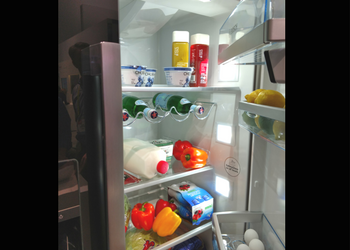
As a group of food retailing industry executives who took advantage of an FMI-organized trip to International CES 2017 realized, there is no way around it: Consumers are quite happily and increasingly connected.
Products on display at the massive annual consumer electronics event proved exactly why FMI and Nielsen have forged a strategic alliance to uncover comprehensive insights on the “Digitally Engaged Food Shopper.” Results from this multi-year initiative will focus on current and future digital shopping behaviors, incorporating perspectives from top retailers, CPG manufacturers and technology providers, along with extensive consumer research by FMI and Nielsen. Initial results from this project will debut at the FMI Midwinter Executive Conference in the keynote session The Age of Connected Commerce: Digitally Engaged Shoppers.
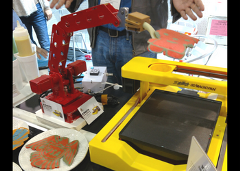 Plenty of the new technologies and products on display at CES did their job of dazzling the industry executives. There were demonstrations of “smart” appliances in connected kitchens and drones that conjured up ideas of how retailers might deliver products to consumers in the future.
Plenty of the new technologies and products on display at CES did their job of dazzling the industry executives. There were demonstrations of “smart” appliances in connected kitchens and drones that conjured up ideas of how retailers might deliver products to consumers in the future.
However, the FMI group got a good look at some of the emerging technologies that might not be as alluring, but will guarantee that the food industry retains the increasingly connected consumer:
- Retailers can add new click-and-collect technologies to their growing arsenal of
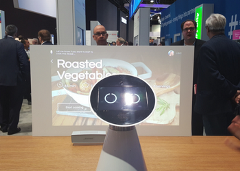 home delivery and direct-to-consumer models. Consumers now want – and will have – the ability to buy a product online and then, instead of waiting for it to be delivered, make a quick stop at the local brick-and-mortar store to pick it up.
home delivery and direct-to-consumer models. Consumers now want – and will have – the ability to buy a product online and then, instead of waiting for it to be delivered, make a quick stop at the local brick-and-mortar store to pick it up. - Third-party fulfillment technologies on display at CES introduce both opportunities and threats to the traditional food retailer. While these new fulfillment opportunities level the playing field for small and independent retailers who struggle to compete with service that help consumers replenish pantry items, it also means they offer greater competition now to traditional food retailers who also offer their own online shopping services.
- The Internet of Things (IoT) has advanced the ability to automate purchasing, particularly for CPG products. Consumers now can routinely order detergent or paper towels on schedules or the use of refill buttons that they don’t even have to think about. Food retailers, with the help of IoT, will know when a consumer’s supplies are running low and send them automatically.
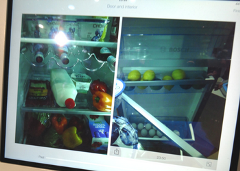 The food retailing executives who joined FMI at CES had a glimpse into the future with technologies like geo-location apps, order wands, re-order buttons and auto-order smart appliances, all of which are destined to change their business models for years to come.
The food retailing executives who joined FMI at CES had a glimpse into the future with technologies like geo-location apps, order wands, re-order buttons and auto-order smart appliances, all of which are destined to change their business models for years to come.
In our next blog post about the visit, we will provide you photos and descriptions of specific items on interest we found at the show.
FMI members interested in learning more about the FMI trip to CES or want to join next year’s trip can contact Doug Baker, FMI vice president for industry relations – private brands, technology.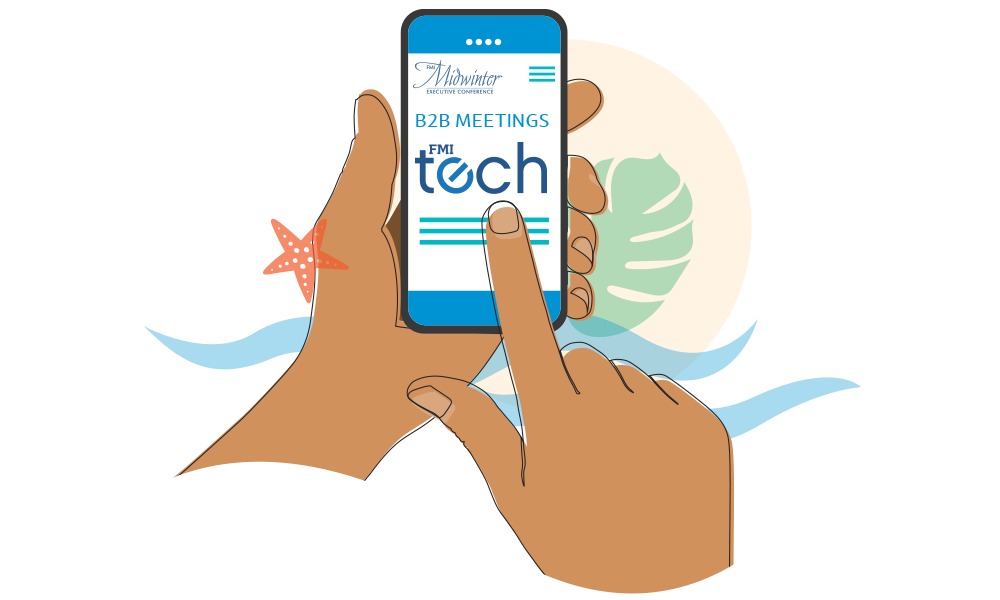
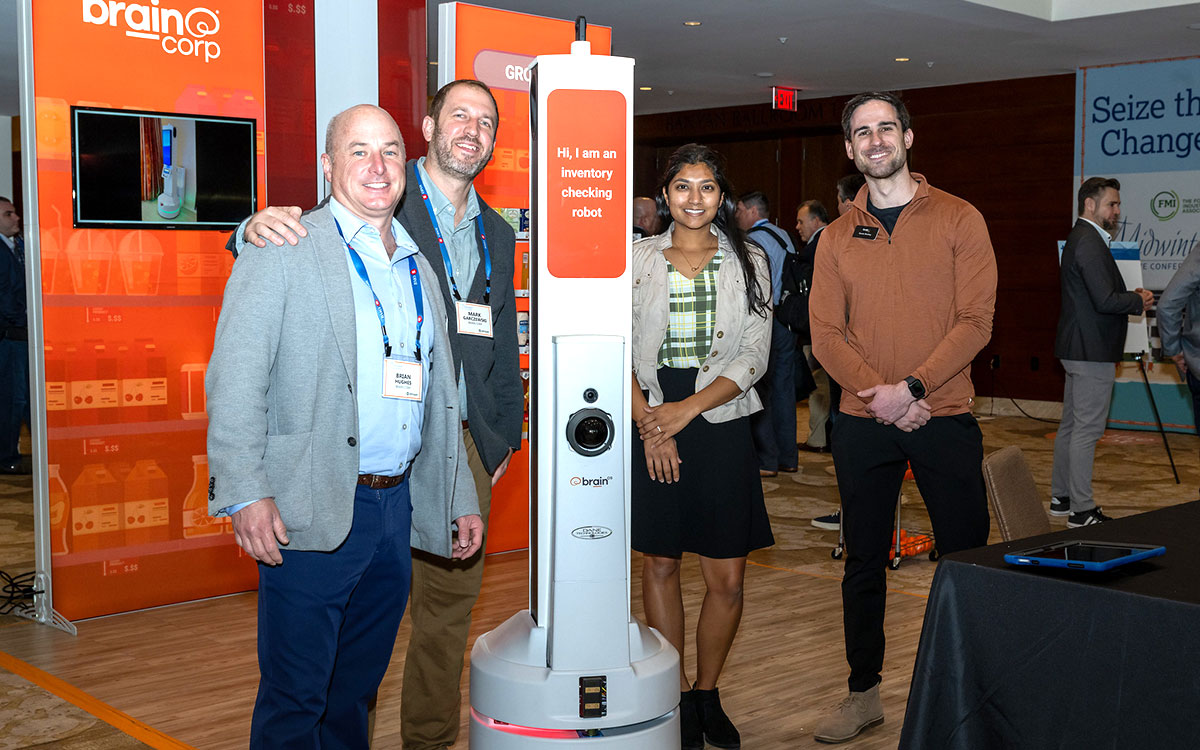
 Industry Topics address your specific area of expertise with resources, reports, events and more.
Industry Topics address your specific area of expertise with resources, reports, events and more.
 Our Research covers consumer behavior and retail operation benchmarks so you can make informed business decisions.
Our Research covers consumer behavior and retail operation benchmarks so you can make informed business decisions.
 Events and Education including online and in-person help you advance your food retail career.
Events and Education including online and in-person help you advance your food retail career.
 Food Safety training, resources and guidance that help you create a company food safety culture.
Food Safety training, resources and guidance that help you create a company food safety culture.
 Government Affairs work — federal and state — on the latest food industry policy, regulatory and legislative issues.
Government Affairs work — federal and state — on the latest food industry policy, regulatory and legislative issues.
 Get Involved. From industry awards to newsletters and committees, these resources help you take advantage of your membership.
Get Involved. From industry awards to newsletters and committees, these resources help you take advantage of your membership.
 Best practices, guidance documents, infographics, signage and more for the food industry on the COVID-19 pandemic.
Best practices, guidance documents, infographics, signage and more for the food industry on the COVID-19 pandemic.
